Physics
-
 Physics
PhysicsNobel goes for making white LEDs possible
The 2014 Nobel Prize in Physics has been awarded to scientists who discovered how to make blue light-emitting diodes. People really wanted white LEDs. The missing ingredient in making them was a building block: the blue LED.
By Janet Raloff -
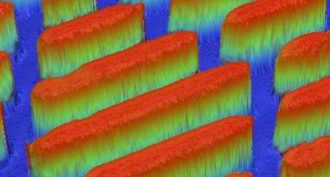 Tech
TechRepelling germs with ‘sharkskin’
A biotechnology company has found a way to repel superbugs without toxic chemicals. It mimics the texture of a shark’s skin.
-
 Climate
ClimateWhere will lightning strike?
When lightning strikes, the results can be deadly. But nature’s dazzling light show also can provide scientists with insights into when and where the next thunderbolt might strike.
-
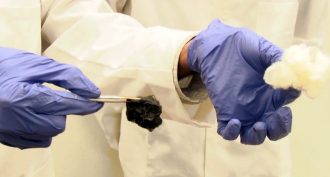 Tech
TechSoaking up oil spills — with cotton
Natural, low-grade cotton could help clean up oil spills better than synthetic materials, a new study finds. And unlike synthetics, cotton breaks down naturally.
-
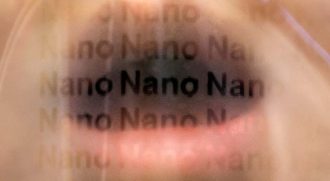 Tech
TechInvisible plastic ‘ink’ foils counterfeiters
Hidden images make a new label virtually counterfeit-proof, thanks to a combination of chemistry and nanotechnology.
-
 Physics
PhysicsBracing sand sculptures with gravity
Natural sculptures of sandstone withstand strong winds and rains. The reason, a new study concludes: Gravity holds the sand grains together.
-
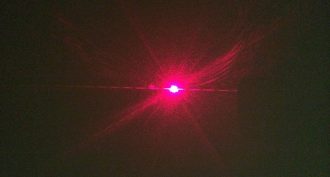 Physics
PhysicsMeasure the width of your hair with a laser pointer
You can measure the width of a human hair with the help of a laser pointer, some math and a phenomenon called diffraction.
-
 Physics
PhysicsComic book heroine teaches science
Most people don’t think of superheroes as science teachers. But a comic book from the American Physical Society wants to change that. Meet Spectra, the human laser.
-
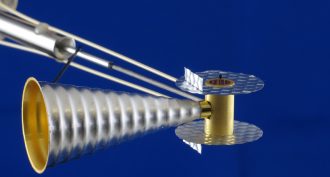 Physics
PhysicsSmooshed diamonds: A window into exoplanets?
Scientists have compressed diamonds more than ever before. Their carbon may give clues to what conditions might be like deep within planets way beyond our solar system.
-
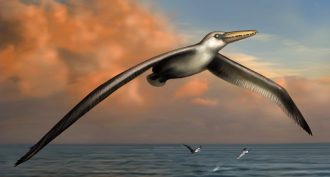 Fossils
FossilsMega-bird!
What may have been the bird world’s biggest flier ever had wings so long, they would have had trouble flapping fast enough to keep it aloft in tough winds. But this behemoth would have been able to soar both far and fast.
-
 Health & Medicine
Health & MedicineSunlight makes pleasure chemical in the body
A day on the beach might deliver more than a tan (or sunburn). It may also release potent brain chemicals that leave people with a pleasurable feeling.
-
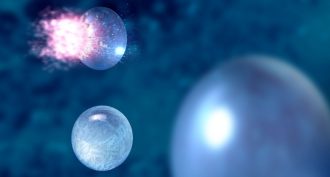 Physics
PhysicsVery-sub-zero water
Using lasers, scientists measured the temperature of water droplets that remained liquid even when super-cold.